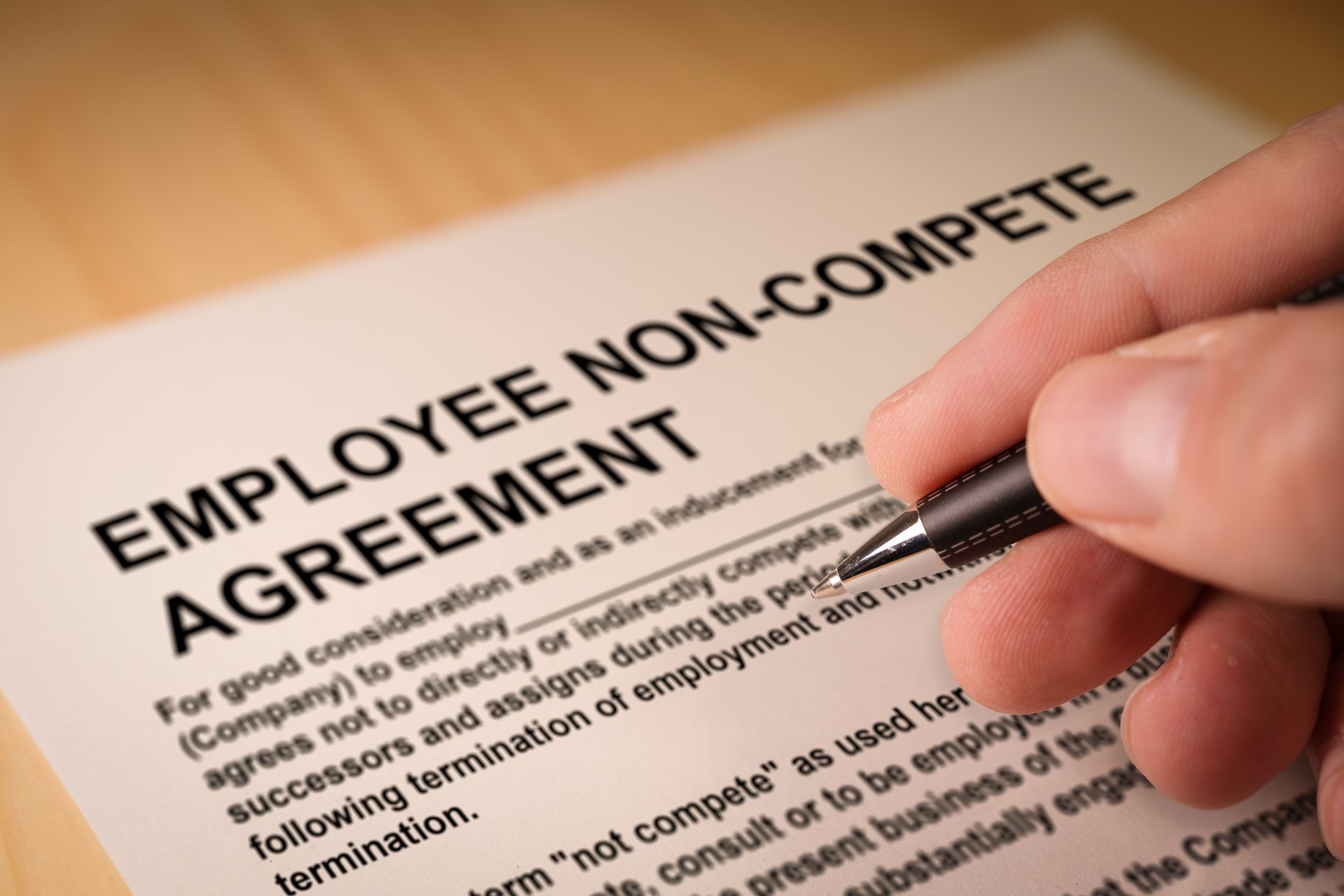
Personal property is a broad term from a legal standpoint. It covers everything from real estate, cars and collectibles to pets, livestock and intangible assets like stocks and bonds. Even savings accounts, checking accounts and other financial accounts are considered personal property.
As such, ownership rights are hugely important for every individual, as is the process of settling ownership disputes if they do arise.
How Property Disputes Are Resolved in Minnesota
There are several common property dispute resolution mechanisms available to Minnesotans who find themselves embroiled in disagreements and legal actions pertaining to the ownership of property. Some of these processes are considered alternative dispute resolution (ADR), which are specifically alternatives to more resource-intensive and lengthy tort litigation.
The most informal resolution mechanism is direct negotiations with the other party. These can occur between individuals, their legal representatives and any other relevant parties. The informality of the process is a major perk.
Litigation and even the other formalized ADR processes like mediation and arbitration operate according to standardized processes that are time-consuming and potentially expensive. Many people prefer a resolution that can be reached without a large investment of time and resources.
Mediation in Minnesota
If negotiations aren’t effective or a more formalized process is needed, people in property disputes may benefit from the involvement of a neutral third party to facilitate a resolution. Mediation can be a voluntary process, but parties might also be ordered by the court to participate in mediation prior to a trial.
Even when mediation is court-ordered, acceptance of a mediator’s resolution is still voluntary. Neither party can be forced to agree to the proposed outcome. It’s also important to recognize that the mediator is not a judge and cannot make decisions for either party. They are simply there to use mediation techniques to facilitate a productive dialogue between the parties and, ideally, reach a consensus.
Benefits of Mediation
- The collaborative approach is less adversarial and may allow for the preservation of relationships between parties
- It’s typically less expensive than arbitration or litigation
- Scheduling mediation is more flexible than trials
- Mediation sessions are confidential
Arbitration in Minnesota
Arbitration is more like a trial, except with an arbitrator or panel of arbitrators instead of a judge. It’s still less formal than an actual court trial and litigation but functions similarly to a trial. This also means the process is typically more expensive than mediation, with parties often being represented by attorneys during arbitration proceedings.
Parties can choose for the process to be binding or non-binding. The parties will be legally held to a binding determination by arbitrators, but enforcement of the decision may require going to an actual courtroom if one of the parties refuses to comply. In other words, although arbitration can be binding, it’s often considered less binding than the results of litigation.
Benefits of Arbitration
- Scheduling isn’t quite as flexible as mediation but is still more flexible than a formal court trial and litigation
- Although more expensive than mediation, arbitration usually costs less than pursuing litigation
- The arbitration process usually takes less time than formal court proceedings
- Binding or non-binding decisions made by independent arbitrators may be preferable in scenarios where parties are unable to reach a consensus during negotiations or mediation
- Can be useful if the input of an expert is necessary to guide decision-making on property disputes
Terms in Property Disputes
Replevin: This is the formal process of returning seized goods to the owner pending the outcome of a property dispute. For example, a couple may have jointly purchased a car with both their names on the title. The couple breaks up, with one party refusing to grant the other access to the car. The party without the car could file a replevin action to regain possession. Replevin is a short-term solution, and further legal proceedings or alternative dispute resolution are necessary to establish clear ownership.
Conversion: This is an unauthorized act that deprives the rightful owner of the property without their consent. For example, if someone borrowed their friend’s camera or computer, then went to a pawnshop and sold it without the friend’s permission. The friend can seek relief through informal negotiations, mediation or small claims court, but full-blown litigation for low-value conversion is uncommon.
Detinue: This is a formal demand for the return of wrongfully held property or monetary compensation for the property. Detinue actions are formal legal proceedings in which the joint owner or owner of the property is demanding the return of the property or a formal assessment of damages – often the value of the property being withheld. Resolutions may be the return of the property, payment of the property value or the appropriate portion of value for jointly held property.
Do You Need Legal Representation for a Property Dispute in Minnesota?
Property disputes can be difficult because the sometimes low value of disputed property doesn’t justify a full court trial. Pursuing alternative dispute resolutions or negotiation may be the preferable path for many people. Even if you do plan on using arbitration or mediation, having your interests represented by an attorney experienced with these processes can be beneficial.
The referral counselors at the Minnesota Lawyer Referral and Information Service (MNLRIS) can help you find a private practice attorney with the necessary experience and skills. Call us at (612) 752-6699 to get started.




